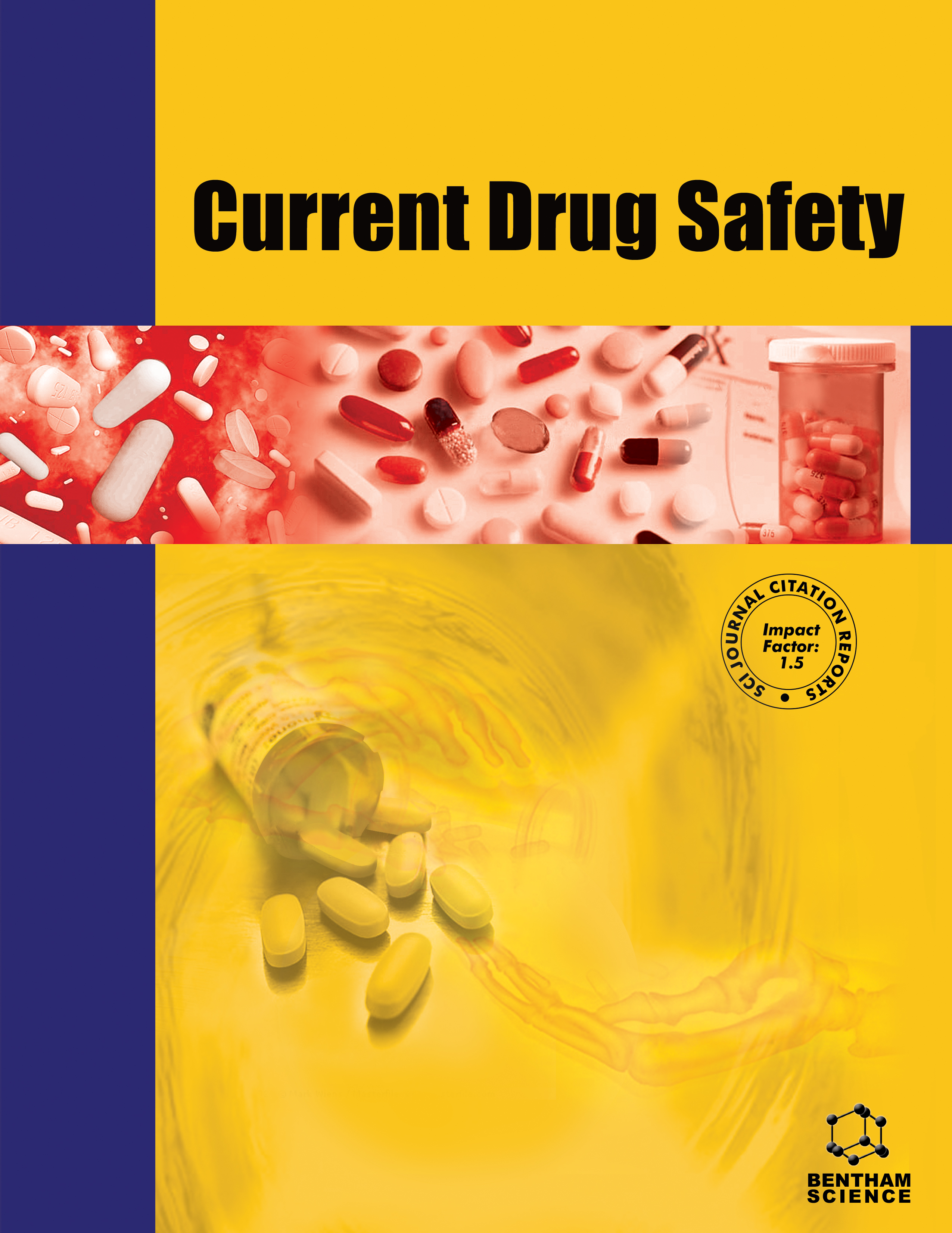-
s Antibiotic Abuse Induced Histopathological and Neurobehavioral Disorders in Mice
- Source: Current Drug Safety, Volume 14, Issue 3, Nov 2019, p. 199 - 208
-
- 01 Nov 2019
Abstract
Introduction: Antibiotic abuse is a common phenomenon in Egypt as medications are prescribed without supervision. It is suggested that the excess use of antibiotics modifies the gut microbiota and plays a role in the development of neurological and psychiatric disorders. Objective: The aim of the present study was to use bulb-c mice as models for curam (amoxicillin /clavulanic acid) abuse compared to the locally acting neomycin model, then restoring the probiotic balance to look at the possible effects on the animal brains. Methods: The results showed early excitable brains demonstrated by S100b immunohistochemistry in both cortexes and hippocampuses of neomycin-treated mice. Staining with PAS stain showed no suggested neurodegenerative changes. Treatment with probiotics improved the S100b immunohistochemistry profile of the curam group partially but failed to overcome the neuroinflammatory reaction detected by hematoxylin and eosin stain. Curam was possibly blamed for the systemic effects. Results: The neurobehavioral tests showed delayed impairment in the open field test for the curam group and impaired new object recognition for the neomycin group. These tests were applied by video recording. The neurobehavioral decline developed 14 days after the end of the 3-week antibiotic course. Unfortunately, curam abuse induced animal fatalities. Conclusion: Antibiotic abuse has a neurotoxic effect that works by both local and more prominent systemic mechanisms. It can be said that antibiotic abuse is a cofactor behind the rise of neuropsychiatric diseases in Egypt.


